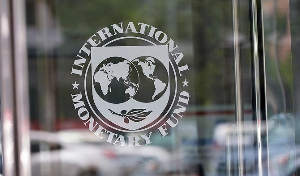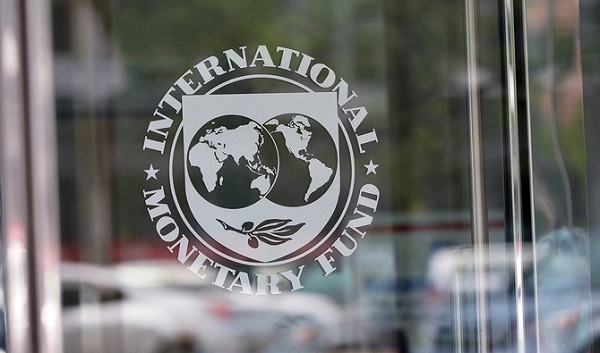 IMF says Ghana has significant fiscal adjustments
IMF says Ghana has significant fiscal adjustments
The International Monetary Fund (IMF), in its country report on Ghana, has indicated that although the country made significant fiscal adjustments in 2025, its gross financing needs will remain high going forward.
This is mainly due to heavy debt service obligations and efforts to settle outstanding arrears, including debts from the energy sector.
Ghana’s public debt has reached an estimated GH¢761.2 billion, or approximately $43.74 billion, accounting for 75.7% of the nation’s total economic output.
Ghana’s external debt currently stands at $31.6 billion, which is about 46.1% of the country’s Gross Domestic Product (GDP), while domestic debt has reached GH¢290.9 billion, representing 28.5% of GDP.
In practical terms, this means the government spends a large portion of its revenue each year just to pay interest and repay loans, leaving limited funds for essential public services such as education, healthcare, and infrastructure.
To better manage the debt burden, the government plans to resume treasury bond issuance, with a focus on gradually extending the maturity profile to reduce rollover risks.
The possibility of involving foreign investors will also be explored, provided it aligns with the debt management strategy under the IMF programme.
Following the 2023 domestic debt restructuring, the government has primarily relied on treasury bills (T-bills) for domestic borrowing.
While most T-bills are auctioned, in 2024 some were issued privately to non-bank investors such as individuals, insurance companies, and investment funds, who had limited alternative investment options.
“Since the 2023 domestic debt restructuring, the government has been relying on T-bills as the main source of domestic financing. Most T-bills are issued through auctions, but the authorities made private placements in 2024, primarily with non-bank investors with limited alternative investment options (individuals, insurance and investment funds),” the report stated.
T-bill rates have seen a sharp drop since March 2025, driven by market segmentation and a short-term excess of cedi liquidity, partly due to delays in the passage and execution of the 2025 national budget.
The IMF programme is intended to support Ghana in managing its finances more prudently and gradually reducing its debt burden over time.
DR/MA
Meanwhile, you can watch GhanaWeb TV’s exclusive interview with Arathejay below:
